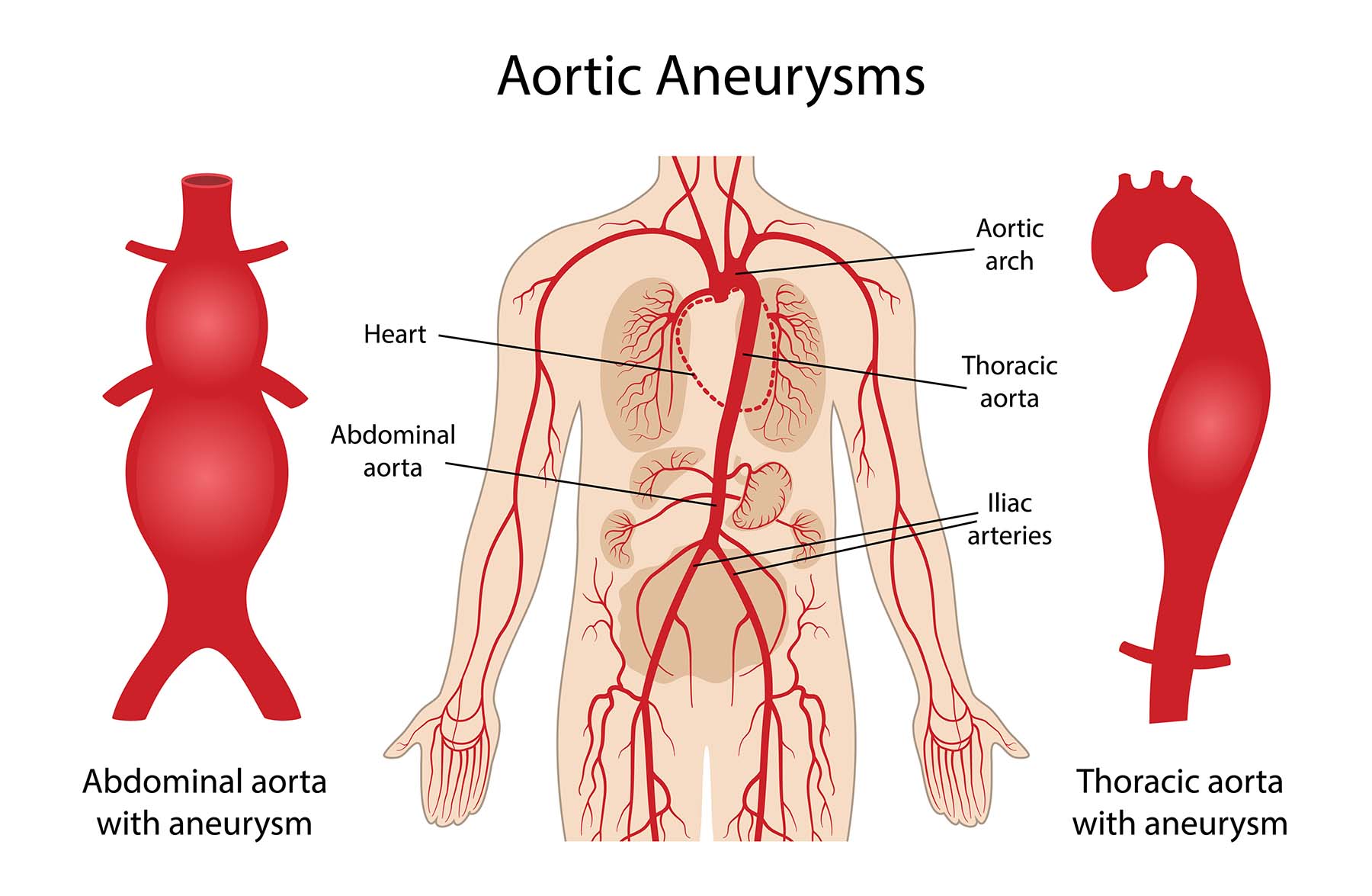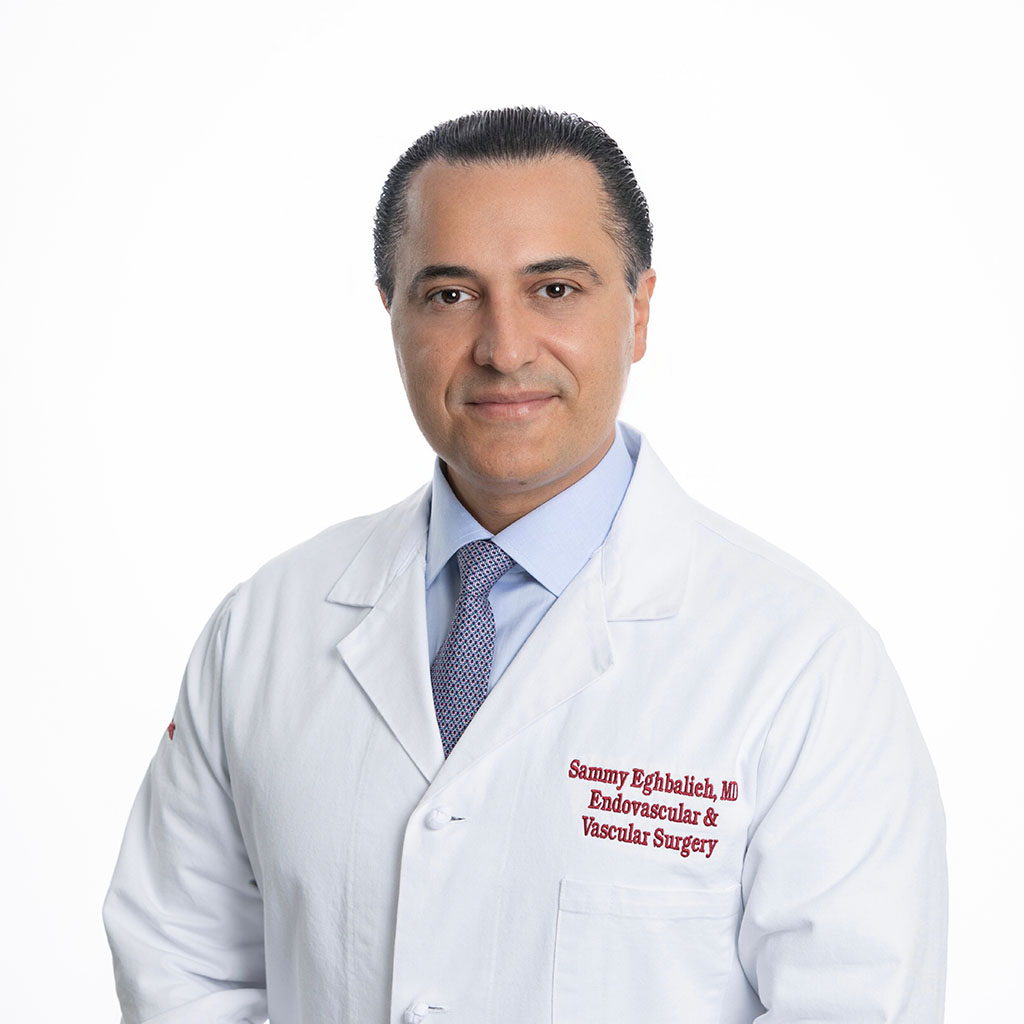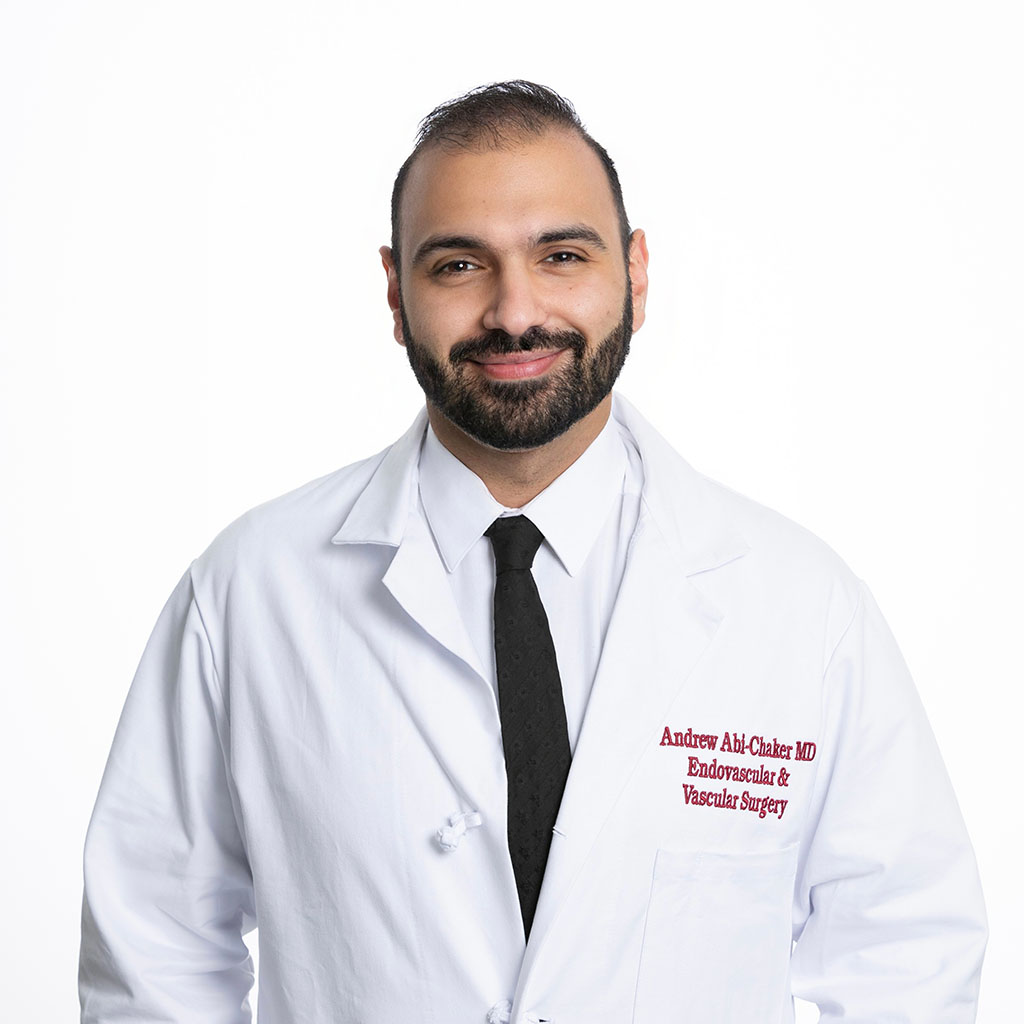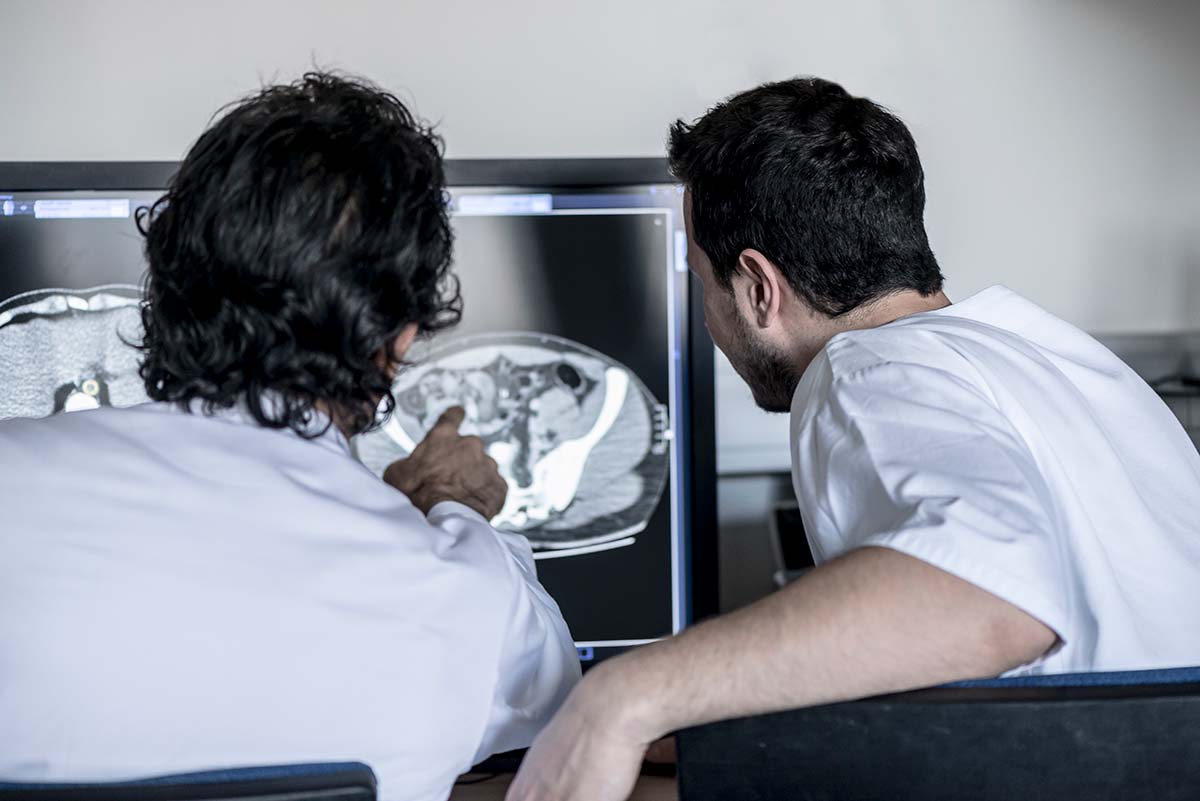What are Thoracic Aortic Aneurysms (TAA)?
The aorta is the largest blood vessel in the body that carries blood to the abdomen, pelvis, and legs. An aneurysm is a bulging or ballooning in your artery that can grow overtime and cause the vessel wall to weaken putting you at risk for a rupture. “Thoracic” refers to the portion of the aorta that runs through your chest. When you develop an aneurysm in this area it is called a thoracic aortic aneurysm (TAA). Abdominal aortic aneurysms (AAA) are more common than thoracic aortic aneurysms (TAA).
Thoracic Aortic Aneurysms Q & A
What are the risk factors for TAA?
- Family history of thoracic aortic aneurysm surgery
- Genetic and/or degenerative disorders
- The buildup of plaque in arteries that restricts blood flow
- High blood pressure
- Atherosclerosis
- Marfan syndrome
- Smoking
- Vasculitis
What are the symptoms of TAA?
If you experience sudden, severe pain this could be a sign of aneurysm rupture which can be life-threatening. You should seek medical care immediately.
The following are the most common symptoms of TAA:
- Pain in the chest or back
- Cough
- Hoarseness
- Trouble swallowing/ painful swallowing
- Family history of thoracic aortic aneurysm
- Shortness of breath for no apparent reason
Treatment Options for Thoracic Aortic Aneurysms
Depending on the size and location of your thoracic aortic aneurysm, prior to vascular surgery, your doctor may recommend you stop smoking, high blood pressure medication, lifestyle modifications, and/or monitoring. Surgical intervention, such as an endovascular aneurysm repair (EVAR), is recommended for thoracic aneurysms > 5.0 cm in size.
The following are treatment options for TAA:
- Open surgical repair with a surgical graft
- Thoracic endovascular aortic repair (TEVAR) with stent graft
To schedule an evaluation at Southern California Multi-Specialty Center, call 818-900-6480.
Why Nutrition Matters as Part of Treatment
Mediterranean-style nutrition supports circulation
Mediterranean-style eating patterns are associated with improved lipid profiles, reduced inflammation, and better vascular health.
A more complete approach to care
When nutrition or lifestyle factors can strengthen the body’s response to treatment, they’re thoughtfully considered as part of the care plan. This broader perspective helps our patients feel supported, informed, and set up for healthier progress at every stage of treatment.
Learn how nutrition is considered in your care →
REFERENCES
- Lichtenstein AH, et al. 2021 Dietary Guidance to Improve Cardiovascular Health. Circulation. 2021;144:e472–e487./li>
- Rees K, et al. Mediterranean diet for cardiovascular prevention. Cochrane Database Syst Rev. 2020.
Our Vascular & Endovascular Surgeons
It's important to remember not all physicians are trained in advanced vascular and endovascular surgery. It’s a good practice to get multiple opinions and do research on the surgery and the physician.









